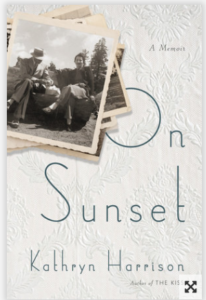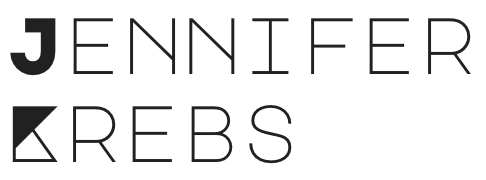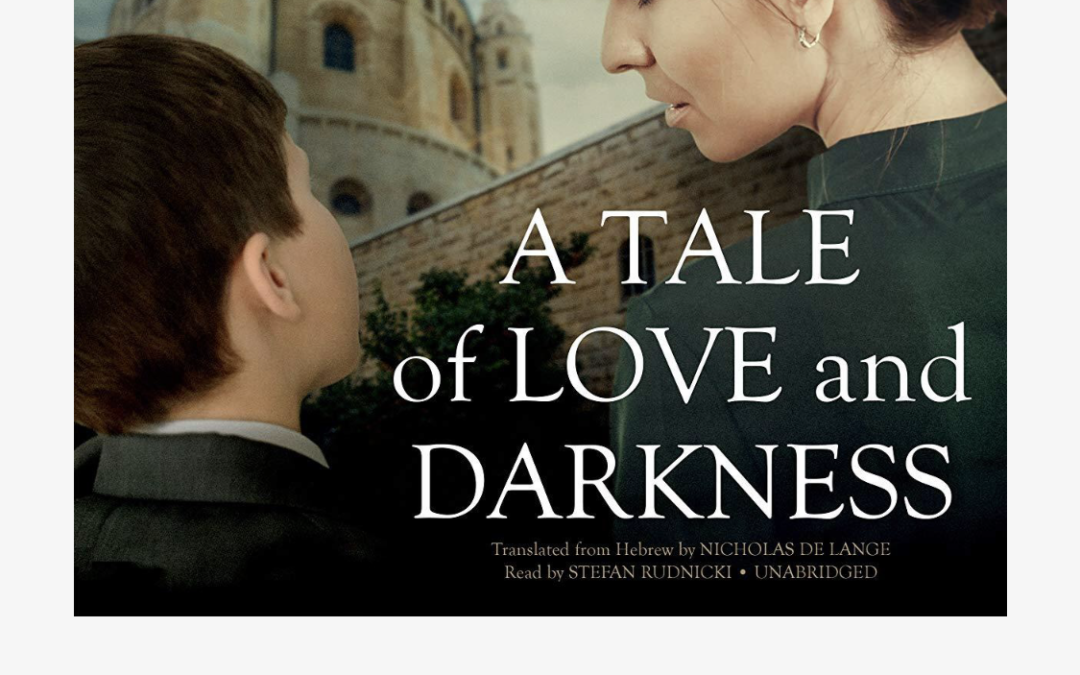N.K. Jemisin’s Broken Earth Trilogy
I probably read this trilogy over the course of six months as I waited for each (popular!) audiobook to become available from the library. I remember listening to some of it walking through the park; another section by the S.F. Bay, and yesterday lying in bed while the rain pounded down.
A three word, plot synopsis of the trilogy would be “ashes to ashes,” for a whole variety of human and non-human creatures living in on a dystopian planet earth. The book starts with changes in a planet – to the atmosphere, to the climate, and to the actual substance of the earth. Although the time scale of the books is a bit confusing – weeks, decades, aeons shifting within 100 pages – the characters in the book are dealing with planetary changes as much as human-based dynamics.
This science fiction is really social critique, taking on class/caste issues, race issues, and gender issues. I’m not often drawn to SciFi because the make believe (hokey) names of people and things often put me off. This series, however, borrows heavily from geologic terms. I found it fairly easy to follow. Further, the struggles between people/castes/societies rang true: people oppressed because of intrinsic differences; people’s abilities unseen, discounted, or feared; and people’s lives diminished due to societal dysfunction.


